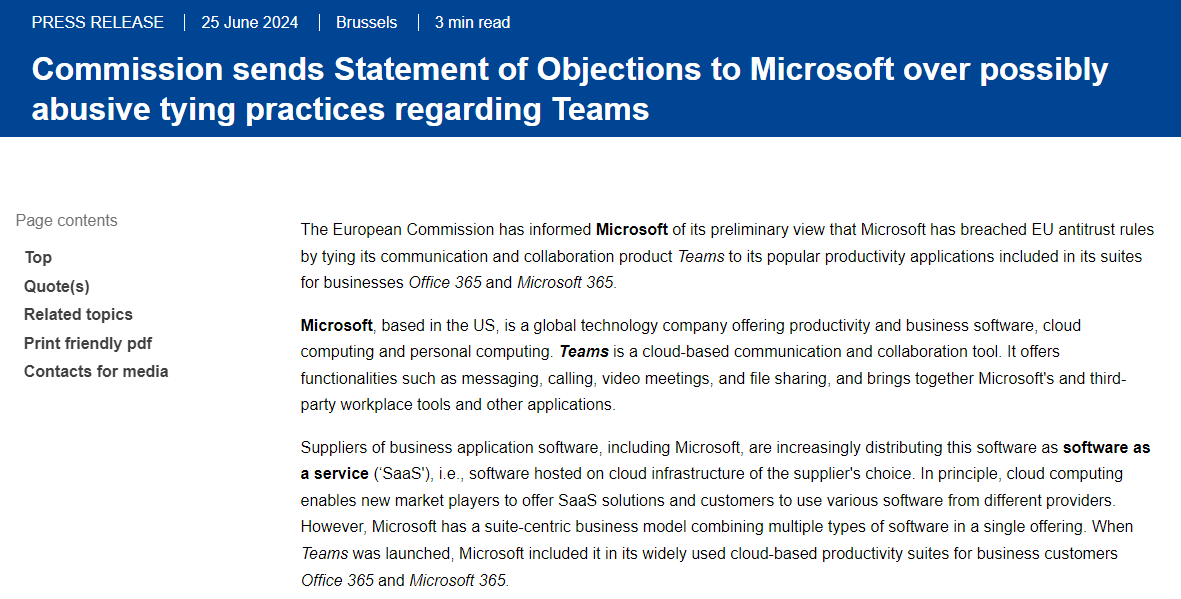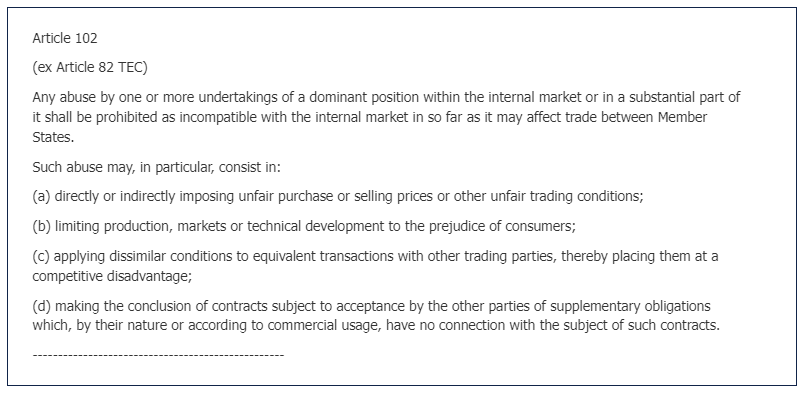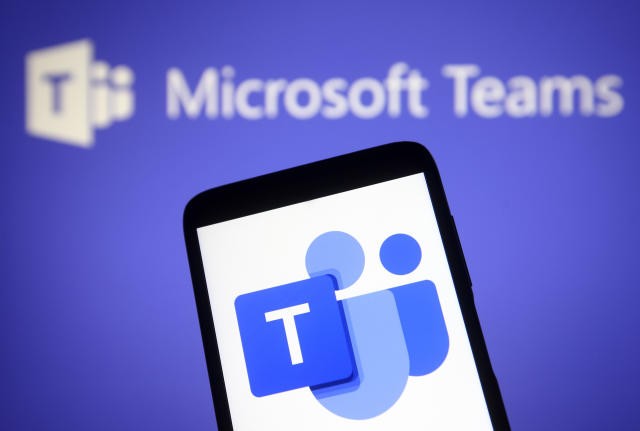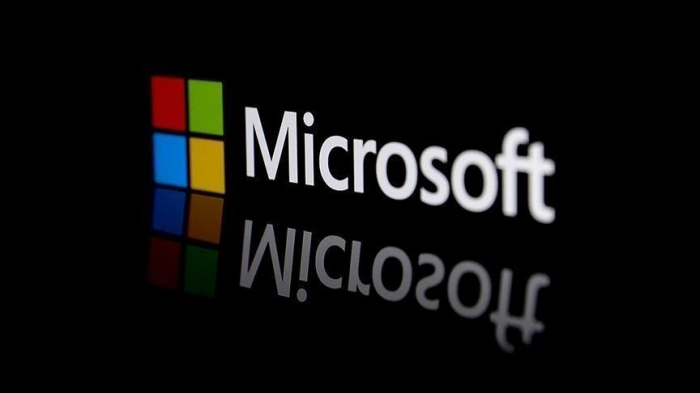Microsoft Caught in the EU Antitrust Storm Due to "Teams-Office Bundle"
The European Commission has accused Microsoft of violating antitrust rules by bundling Teams and Office products.
On June 25, the European Commission issued a statement on its official website, stating that Microsoft may violate EU antitrust rules. This news immediately sparked widespread attention from the tech industry and legal community.

According to the statement, Microsoft's sales strategy of bundling its communication and collaboration tool Teams with its enterprise suites Office 365 and other applications in Microsoft 365 is suspected of violating Article 102 of the Treaty on the Functioning of the European Union, which prohibits the abuse of a dominant market position. This provision aims to protect fair competition in the market and prevent dominant companies from excluding competitors through unfair means, thereby harming consumer rights.

Last July, Microsoft's competitor Slack (now a subsidiary of Salesforce) and alfaview GmbH lodged a complaint with the European Commission, alleging that Microsoft was engaging in "illegal bundling" of Teams with Office 365 products. They claimed Microsoft attempted to monopolize the market through tactics such as forced installation and obscuring true costs, prompting the Commission to investigate Microsoft Teams for nearly a year.
On July 27 last year, the European Commission formally initiated its investigation. The Commission preliminarily found that Microsoft held a dominant position in the global Software-as-a-Service (SaaS) application market and had bundled Teams with its core SaaS applications since April 2019, potentially restricting market competition in communication and collaboration products.
Margrethe Vestager, the Commission's Executive Vice President for Competition Policy, stated, "We are concerned that Microsoft may have provided Teams with distribution advantages, without allowing customers the choice of whether to access Teams when subscribing to its SaaS applications. Restrictions on interoperability between Teams and competitors' products further exacerbate this situation, hindering industry development, innovation, and harming the interests of customers in the European Economic Area."
However, these allegations are preliminary, and the Commission has issued a statement of objections to Microsoft. The company has 10 weeks to respond and defend itself against the allegations. If the infringement is proven, Microsoft will face fines of up to 10% of its global annual revenue, and the Commission may also enforce corrective measures against their practices.

In April this year, Microsoft already separated Teams from the Office 365 suite to alleviate concerns from regulators. However, this unbundling does not appear to have prevented the allegations.
It's worth noting that over the past 20 years, Microsoft has been fined €2.2 billion by the European Union for issues related to "bundling sales."
In 2004, Microsoft faced issues with bundling Windows Media Player and Internet Explorer, eventually leading to the release of Windows XP N version in the EU market without Media Player.
In 2009, Microsoft was compelled to include a browser ballot screen in its Windows operating system to ensure users could choose from multiple web browsers.
In 2013, Microsoft was fined $730 million for not including a browser ballot screen in Windows 7 SP1.

Microsoft President Brad Smith stated, "Following the decoupling of Teams and initial interoperability measures, we appreciate the additional clarity provided today and are committed to finding solutions to address the remaining concerns of the Commission."
Sebastian Niles, President and Chief Legal Officer of Salesforce, commented, "The statement from the European Commission marks a victory for consumers and confirms Microsoft's violation of competition rules. We appreciate the Commission's thorough investigation and its commitment to maintaining a competitive and innovative environment in the digital ecosystem."
·Original
Disclaimer: The views in this article are from the original Creator and do not represent the views or position of Hawk Insight. The content of the article is for reference, communication and learning only, and does not constitute investment advice. If it involves copyright issues, please contact us for deletion.